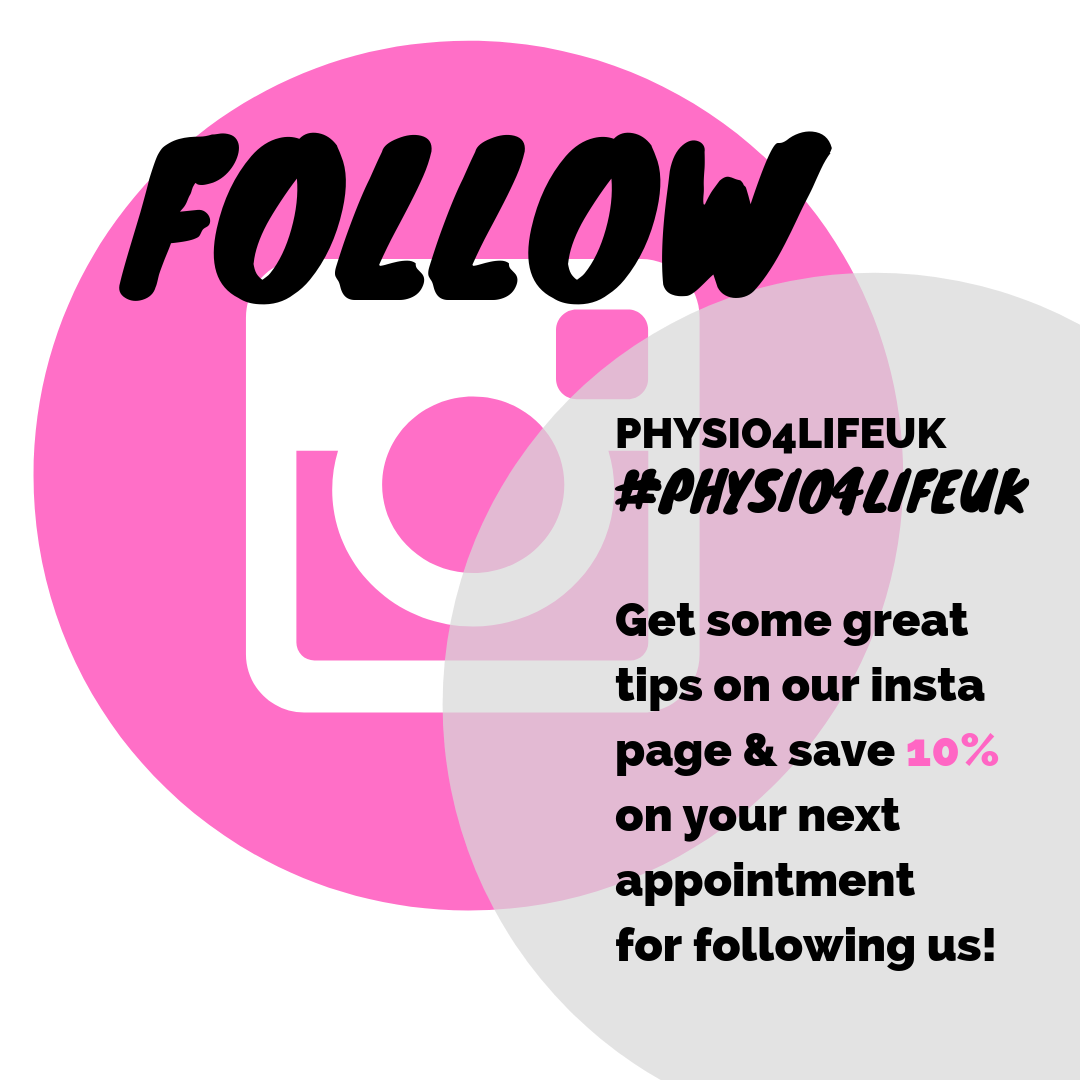
Physiotherapy is a healthcare profession with a science foundation. The range of work is very broad and varied and involves working with people to promote their own health and well being.
Physiotherapy helps restore movement and function to as near normal as possible when someone is affected by injury, illness or by developmental or other disability.
Physiotherapists work in a wide variety of health settings such as intensive care, mental illness, stroke recovery, occupational health, and care of the elderly. See more on what physiotherapists do.
A formal definition
A more formal definition of physiotherapy comes from the 2002 CSP Curriculum Framework:
It uses physical approaches to promote, maintain and restore physical, psychological and social well-being, taking account of variations in health status.
Physiotherapy is science-based, committed to extending, applying, evaluating and reviewing the evidence that underpins and informs its practice and delivery.
The exercise of clinical judgement and informed interpretation is at its core.”
What physiotherapists do
Chartered Physiotherapists combine their knowledge, skills and approach to improve a broad range of physical problems associated with different ‘systems’ of the body.
In particular they treat neuromusculor (brain and nervous system), musculoskeletal (soft tissues, joints and bones), cardiovascular and respiratory systems (heart and lungs and associated physiology). Have a look at some conditions which physiotherapists often treat within these systems.
People are often referred for physiotherapy by doctors or other health and social care professionals. Increasingly, as a result of changes in health care, people are referring themselves directly to physiotherapists without previously seeing any other health care profressional.
Physiotherapists work autonomously, most often as a member of a team with other health or social care professionals. They may be employed or self-employed and can work alone. Physiotherapy practice is characterised by reflective behaviour and systematic clinical reasoning, both contributing to and underpinning a problem-solving approach to patient-centred care.
Both becoming and being a physiotherapist is hard work but there is a rich and rewarding varienty of work available to qualified physiotherapists and the opportunities within the profession, both in the UK and internationally are considerable.
How to help yourself
Chartered physiotherapists are healthcare professionals trained to help you think about ways you can make the most of your health and well-being.
There is much you can do to help yourself, whether or not you are currently seeing a physiotherapist.
Top tips for helping yourself
- Keep mobile – Keeping active helps reduce stiffness in joints. Even if you are in discomfort, the advice is generally to move the affected joints as much as possible, as this will speed up your recovery. Exercise regularly, following the advice of your GP or physiotherapist. However, after an injury or a long break, ask a physiotherapist to review your exercise programme.
- Increase your muscle tone – Classes such as Tai Chi and pilates help strengthen your muscles and core stability. This improves your balance and reduces your risk of falling. If your physiotherapist has given you exercises to strengthen or stretch the muscles, build these into your daily routine, as they will make a big difference to your life. Training with weights can help build muscle strength, but take advice before embarking on a new programme.
- Learn about your posture, and find out which activities cause your muscles to tense up. Make sure your workstation and driving position are set correctly for your height, and try to shift positions regularly. Ask your physiotherapist about how to approach repetitive or strenuous tasks in your daily life – for example, heavy lifting or extended hours at the computer. Classes such as yoga and pilates can help you relax and become more aware of your body.
- Know your limitations – Spread repetitive or strenuous activities through the day, taking short rests when you need to. If your joints feel hot or swollen, rest them. Learn to recognise the difference between setting yourself a healthy challenge and pushing yourself too hard.
- Maintain a healthy weight – Maintaining a body weight within the recommended range will help avoid putting excessive pressure on your joints, and may prevent osteoporosis, which could cause you further problems.
- Be creative – Modify any activities that cause you discomfort. For example, if you have sprained your wrist you may need to use the other arm to lift heavy objects for several weeks. If you find a particular daily task difficult, talk to others for ideas, or seek help from a physiotherapist – there may be a way around it.
- Use the support available – If you have a specific condition, find out about organisations providing specialist information and services such as factsheets and helplines. If you may experience long-term discomfort, ask your physiotherapist about gadgets and tools to help with specific tasks, such as a walking stick to improve your walking posture, or heat pads to soothe sore muscles.
- Don’t ignore minor injuries – After a sprain, remember the rules of RICE andHARM:
- Do: Rest, Ice (apply a bag of frozen peas wrapped in a teatowel to the area), Compression (for example, a tubigrip), Elevation
- Avoid: Heat, Alcohol, Running (any exercise will exacerbate the swelling), Massage.
- Know when to seek help – If you are in severe pain or have had a severe injury or blow to the head, go to the GP or visit your physiotherapist as soon as possible. Some conditions are best treated as soon as possible after the event. If you are using simple pain relief or prescribed medication, follow the instructions on the packet, or ask your GP or pharmacist for advice.
- Maintain your overall health and well being by eating a balanced diet, giving up smoking and drinking alcohol (if any) in moderation. See Promoting healthfor more information.
- Stay positive! – Taking a positive attitude and trying to avoid stress will help you to manage any pain and be motivated to maintain a healthy lifestyle as far as possible.
Access to physiotherapy
Chartered physiotherapists work in a variety of settings including hospitals, health centres, private clinics, GP practices, schools, work places and also by visiting people at home.
There are three main treatment routes if you are resident in the United Kingdom and wish to see a physiotherapist:
Please note: it is also possible to access physiotherapy treatment through less common routes such as charities and the voluntary sector. If you do wish to see a physiotherapist for private treatment, make sure they are chartered.
Via the NHS
Depending on where you live, you will first need to make an appointment with your general practitioner (GP) and then ask to be referred to see a physiotherapist. Onward referral will be at the discretion of the GP.
A number of hospitals are now offering self-referral to physiotherapy. If your hospital is offering this service, you can make an appointment to see a physiotherapist without needing to see your GP first.
To see whether self-referral is an option for you, contact your GP or your local NHS hospital.
Via private practitioners
If you are in a position to pay for your own treatment, there are a large number of physiotherapists across the UK offering treatment in dedicated physiotherapy and sports injury clinics as well as many who will treat people in their own homes.
Via the independent sector
Occupational health schemes
Some large employers run occupational health schemes for their employees that may include provision for physiotherapy treatment. Check with your human resources or personnel function to see if you may be eligible.
Private medical insurance
Private medical insurance schemes for individuals through the independent healthcare sector will often include physiotherapy treatment. Check with the scheme providers for eligibility.



